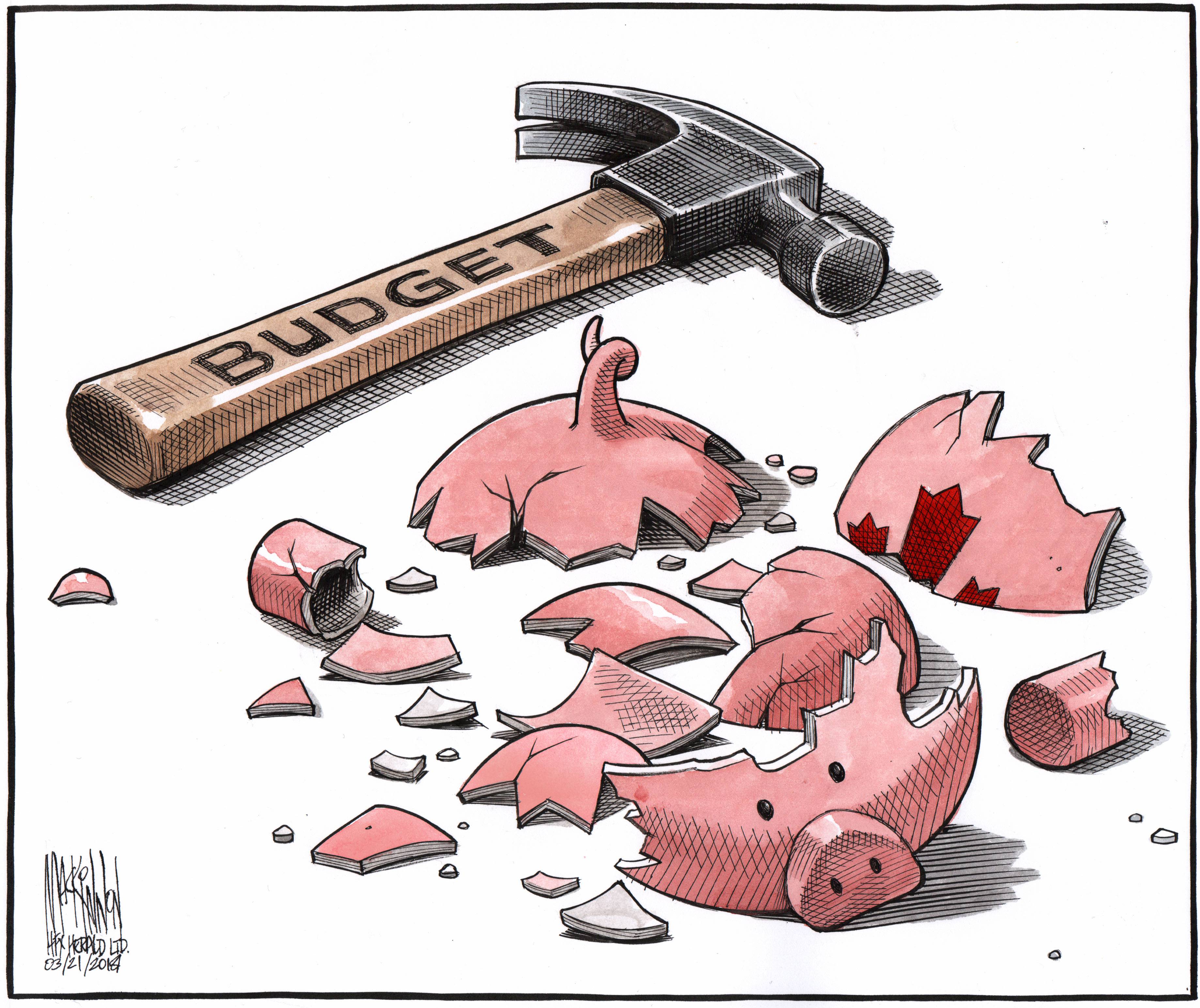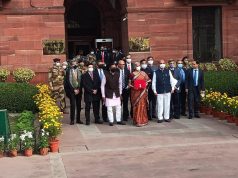As the new Finance Minister, Ms Nirmala Sitharaman, sets out to present her first budget, here’s a list of policy measures from the dusty archives of Indian Liberalism that are relevant as ever:
1. Wealth Tax
The idea of bringing back the wealth tax is being widely talked about, as the Modi regime gears to meet the challenge of reviving growth. The history of wealth tax in India dates back to the 1957 Budget and was imposed on individuals with more than Rs 2 lakhs in wealth. However, the measure turned out to be ineffective, yielding significantly less revenue. The liberal banker-industrialist A D Shroff, in his speech on the 1957 budget, criticized the move dubbing it as the “desperate proposal”. For him, any such move would (essentially) entail a “Police Raj”.
You can read AD Shroff’s Budget Analysis here.
2. Fiscal Stimulus
The challenge of reviving economic growth might tempt the Minister to put fiscal prudence aside and favor a populist spending drive in the Budget. A Mint analysis of Indian macroeconomic scene however shows that excessive Govt spending has often led to inflation rather than economic growth. Interestingly, similar argument was also posited by A D Shroff in 1959 who pointed out that the pressure of higher plan outlays “might develop into a sort of runaway inflation.”
A D Shroff’s “An Inflationary Budget” can be accessed here.
3. Tax code reforms
As the India Ratings and Research report on FY 20 Budget makes it clear, it is necessary to bring a simplified direct tax code to expand the tax base and enable accelerated growth. Extremely complex and often contradictory laws have made it difficult to do business in India and has topped the reform agenda of liberal economists. The case for simplification of laws could be found in the 1965 Budget analysis of A D Shroff.
Shroff had argued that a good law “must be simple to understand and easy to administer.” Five decades later, Indian liberals are making the similar case, a telling verdict on the apathy of the Indian state.
Read the 1965 Union budget analysis by A D Shroff here
4. The Ibn Khaldun Curve of Optimal Taxation
A Business Standard news report expects the Union Budget to provide tax relief to ‘recognized’ start-ups. During the socialist years, it was Nani Palkhivala who vocally advocated less taxation to induce growth. In the 1963 budget analysis, Palkhivala gave the example of Japan which saw economic growth “by effecting sizable reduction in personal and corporate taxation.” He also sarcastically called the superprofit tax the “Economic Harakiri Act, 1963”.
Read Nani Palkhivala’s budget analysis : https://spontaneousorder.in/budget-palkhivala/
It could be argued that the historical writings of Indian Liberals are still relevant for current matters of economic policy. Therefore, there is a clear need to revisit the erstwhile neglected pages of Indian history.
To read more about eminent Indian Liberal thinkers and to access their writings, visit indianliberals.in.
Post Disclaimer
The opinions expressed in this essay are those of the authors. They do not purport to reflect the opinions or views of CCS.






